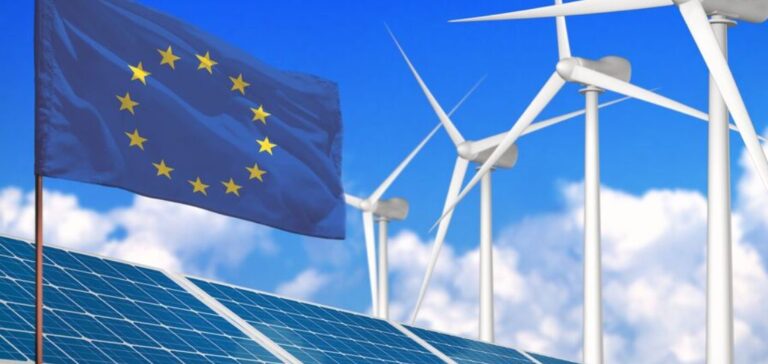Energy giant Shell announced on Friday the forthcoming sale of its electricity and gas retailing business in the UK and Germany to British group Octopus Energy, without however specifying the amount of the transaction.
Shell refocuses on energy: divestment of retail activities in Europe
The group had indicated in June that it intended to sell its retail business in the UK, Germany and the Netherlands, which provided services under the Shell Energy brand, following a strategic review launched in January.
The sale of this company, which supplies “gas, electricity and broadband Internet to around two million customers”,
the overwhelming majority of which are in the UK, should be finalized during the fourth quarter, Shell estimates in a press release.
But “the operation is still subject to regulatory approval”, the company insisted to AFP.
The energy giant had previously announced that its retail business in the Netherlands, which represented only a fraction of this activity, would be wound up. Neither Shell Energy’s wholesale business and energy supply to SMEs, nor its energy sales to consumers outside Europe, notably in the United States and Australia, are affected by this sale.
Octopus Energy’s acquisition of Shell’s European operations includes 6.5 million residential customers in the UK
“Tariffs and offers will remain unchanged for all existing domestic energy customers, including continued access to 100% renewable energy,” says Shell.
The deal gives Octopus, which is headquartered in the UK but operates in 15 countries, “almost 6.5 million residential customers in the UK” and a customer base in Germany of “almost 300,000”, the acquiring group boasted in a separate statement.
Energy distributors have been under pressure for several years, and particularly so in the UK over the past two years, with a series of supplier bankruptcies, others being absorbed or subject to government bailouts.
With the post-Covid reopening of the economy and the Russian invasion of Ukraine, wholesale energy prices soared, but suppliers had had to wait to pass on these increases due to caps in place to protect consumers.
Octopus had already recently won back 1.5 million customers in the UK by acquiring Bulb, a supplier on government funding after its bankruptcy at the end of 2021, whose sale was officially completed on December 20.






















